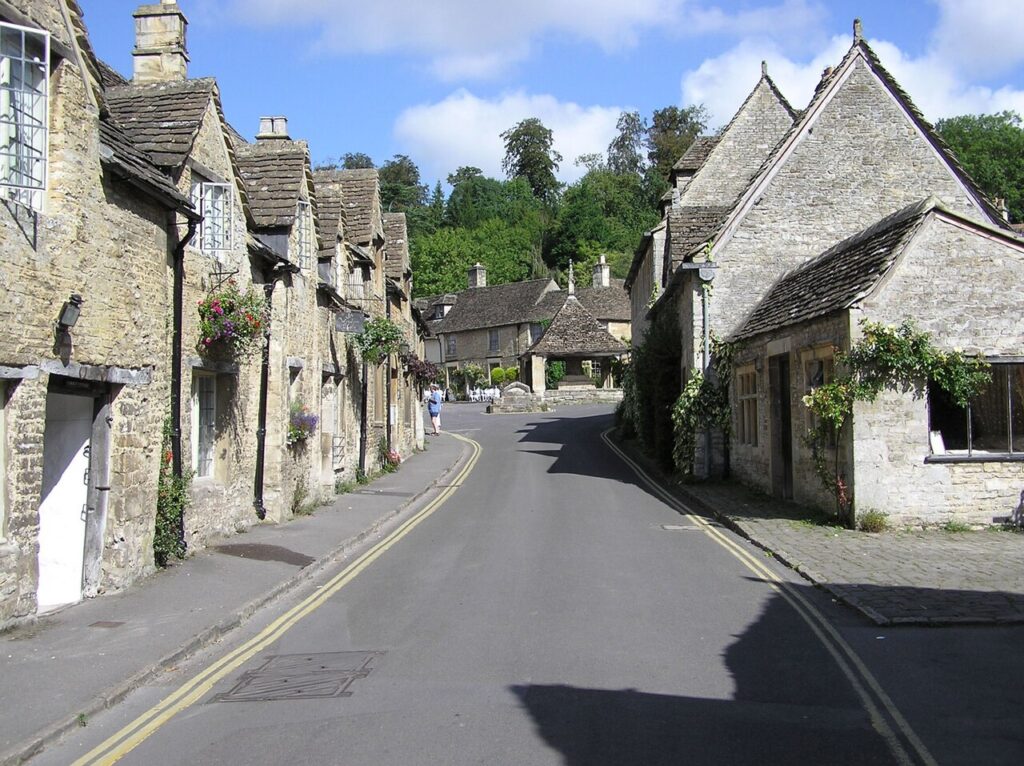
See previous Murakami Fest posts here.
The next chapter (and the final post for this year’s Murakami Fest) is titled “London” (ロンドン), and it’s one of the most interesting chapters in the book so far. The past few chapters have all been relatively short and somewhat focused, so it’s interesting that this longer chapter covers a month-long period that Murakami spends alone in London writing Dance Dance Dance while his wife is back in Japan. Perhaps this makes sense. Just as Murakami devotes long sections of his novels to protagonists spending time by themselves, he also goes into great detail about his own time alone in his memoir:
ロンドンに行ったのはいわば成り行きのようなものだった。ちょっとした事情があって女房がロンドン経由で日本にしばらく帰ることになったので、それを見送りがてら行ってみたのだ。ここには三月の初めから終わりまで、約一ヵ月間滞在したわけだが、僕はそのあいだほとんど誰とも話をせずに、ずっと部屋に籠もって仕事をしていた。長編小説を書いている時はだいたいいつもそうだけれど、誰かと話したいという気もとくには起きなかった。だから僕にとってのロンドンとは、あくまで孤独で寡黙な都市である。そういう印象が骨までしみついている。 (339)
I just kind of ended up in London, as it were. My wife had something to attend and went back to Japan for a while via London, so I went to see her off. Which is how I ended up staying there for around a month from the start of March until the end, and during that period I was cooped up in my room working and hardly spoke with anyone. Whenever I’m writing a full-length novel, that’s almost always the case, but this time I didn’t ever feel a particular need to talk with anyone. So for me, London is a quiet, taciturn city. It left that impression deep within me.
He looks at three apartments and ends up in a small studio right on Abbey Road, which seems extremely fitting for someone who’d just published a bestseller titled Norwegian Wood:
僕はこの部屋で『ダンス・ダンス・ダンス』という長編小説を書きあげた。ラジオ・カセットで音楽を聞き、窓の外のアビーロードを眺めながら、来る日も来る日もワープロのキイをばたばたと叩きつづけた。ここはすごく暖房のよくきいたアパートで、外ではみんなまだコートを着ているというのに、中ではTシャツとショート・パンツという格好でも、まだ汗ばむくらいであった。ときどき窓を開けて、アピーロードの上空に頭を突き出して冷やさなくてはならなかった。 (340)
I finished writing the novel Dance Dance Dance in this room. Day after day I typed away at word processor while listening to music on my tape player and looking out the window at Abbey Road. The heater in this apartment worked incredibly well; everyone outside was still wearing coats, but inside I was sweating in a T-shirt and shorts. Sometimes I had to stick my head out the window into the air above Abbey Road to cool myself down.
Part of the reason he spends so much time alone is because he struggles with the language. He notes that the accent is frequently tough to understand and that Brits, unlike Americans, don’t offer to repeat themselves and slow down. After he writes all day, he runs in Regent’s Park for an hour, cooks himself dinner, and then reads Jack London or goes to see movies and concerts.
He notes the movies: A Time to Die (which Murakami mistakenly calls A Time for Dying), Withnail and I, Killing Time (Poussière d’ange), the six-hour epic Little Doritt.
He also spends this long chapter providing detailed commentary on the concerts and operas. The Royal Philharmonic with Icelandic composer Vladimir Ashkenazy and his son Vovka: meh. (Murakami notes he previously saw Vovka in Athens.) A piano concerto by Stephen Kovacevich at Queen Elizabeth Hall: Schubert, good; Beethoven, boring. Sir Neville Marinner and the Academy of St Martin in the Fields: impressive if a little clean and refined. Tchaikovsky’s Eugene Onegin, and Benjamin Britten’s Billy Budd: both excellent. And one jazz concert by Blossom Dearie at the now defunct Pizza on the Park: charming.
After finishing the novel, he takes one short trip to Bath where he rents a bike and cycles the 10 miles to Castle Combe. The hotels there are full, so he’s forced to head to the next village, where it looks like he may have stayed at The White Hart in Ford on Palm Sunday. The bike is in poor condition, and on the way back he’s forced to walk it the last five kilometers.
At the end of the chapter, we get a very small closing section about submitting the novel, which feels very different from his submission of Norwegian Wood:
郵便局に行ってプリントアウトした小説の原稿を東京に送ってから(原稿を送るにあたってイタリアの郵便システムを避けたのも、ロンドンまで来た理由の一つである)、三月の末に僕は一人でローマに戻った。 (347-348)
I went to the post office and sent a printed copy of my novel manuscript to Tokyo (avoiding the Italian postal system was another reason I came to London) before returning to Rome alone at the end of March.
So between Norwegian Wood and Dance Dance Dance, Murakami shifts from handwritten manuscript submissions to printed copies. Remember, he rewrote a second draft of Norwegian Wood completely by hand before delivering it in person in Bologna.
Given Murakami’s immediate moonshot into celebrity-level success after Norwegian Wood, perhaps it’s a fitting shift, from small, cold apartments across the Mediterranean while writing that novel, to a toasty London flat where he spent his evenings at concerts and operas.
This book has its ups and downs, but it’s fascinating throughout, and I can’t wait to read more. That’s it for Murakami Fest 2025. I may be posting other pieces throughout the year, but definitely check back in 2026 for more.
